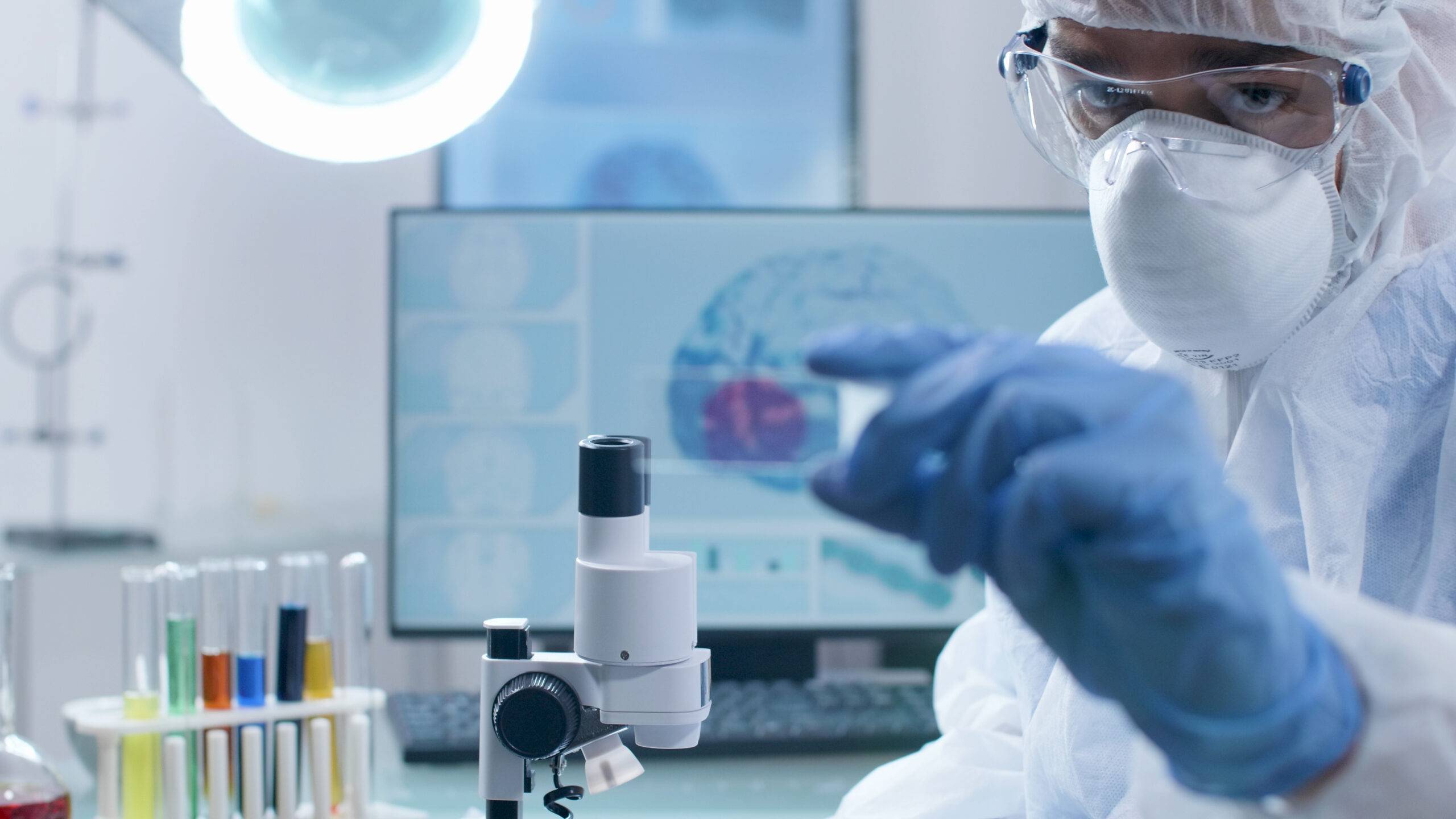A new research report, published in the Journal of Medical Internet Research reveals that the mobile device (Mobile Technology) can effectively support a slew of things within the clinical research such as project management, data management, and telemonitoring, according to a mhealthintelligence.com report.
Mobile Device-based Electronic Data Capture System
The George Institute for Global Health at Peking University Health Science Center researchers have developed a mobile device-based electronic data capture system, which allows the medical practitioners with lesser experience using electronic data capture systems (EDC) to comfortably navigate the duties of clinical trial management.
Reliance on Transferring Data
Zhang et al. wrote, “The significant and specific features of mobile device-based electronic data capture system are data collection, monitoring and project management in real time. Although computer-based trials proposed that they could recruit patients and collect data in real time by using the Internet, in most cases, doctors were more likely to rely on transferring data by means of paper-to-computer when they captured clinical data, particularly in trials wherein data sources involved health records.”
Gaining Popularity of EDCs
As there was no other group or firm had taken the initiative of endeavoring an organized evaluation, the research team had taken the initiative to evaluate the use of mobile device-based electronic data capture system. The researchers further said that the EDCs were already renowned for clinical trial use, noted the report.
Lack of Real-time Data
Stating that some phases of clinical trial lack real-time data collection that can provide potentially critical insights, Zhang et al. went on to add that by implementing a mobile device-based electronic data capture system for a clinical trial that studied patients mild to moderate hypertension not on medication, the research found that mobile device-based electronic data capture system was highly successfully.
 Successful Implementation
Successful Implementation
What is more, the mEDC has been successfully implemented in 14 hospitals that precisely captured the data of 1,037 of the 1,333 patients, Zhang et al. noted and he further added: “The patients had to visit four hospitals and re-submit their data successfully in order to be marked as ‘complete.’ Across all visits, the average time it took a patient to complete 144 data entry questions under the mEDC was fifty-three minutes. The doctors, as well as patients, noted this was an acceptable amount of time.”
Satisfaction Quotient
Of those interviewed who used the mEDC — including 24 doctors, 53 patients, a clinical research associate (CRA), a project manager (PM), and a data manager (DM)— all expressed satisfaction (9.2 out of 10) with the mEDC functions. Moreover, researchers also found that mEDCs have a strong potential to manage and coordinate higher-phase clinical trials, thanks to the increased user-friendliness for everyone involved in a clinical trial, the report pointed out.
Implementation
Citing Zhang et al. as saying, the report said that the mobile device-based data capture and project management system, mEDC, could help doctors complete a phase IV pharmaceutical clinical trial and were feasible for management of this trial. Furthermore, doctors expressed their willingness to use this tool for study implementation. “The validity, reliability, real-time feature, besides the user-friendliness of mEDC is beneficial not only for doctors without clinical trial experience but for CRAs and PMs as well. Taken together, there is a possibility for mEDC to be used in other pharmaceutical clinical trials in the future”, Zhang et al. wrote.
Network Connectivity
The growing apprehension for the research includes the maintenance and stability of a Wi-Fi or cellular network that connected mEDC tools, as they are operated through smart devices, the reliability of an Internet connection is of paramount importance. The team arrived at a conclusion that with a heightened timeframe to design the mEDC, the issue of Internet connectivity would be solved within no time, the report continued.
Beyond the realms of the research, the team was of the opinion that with an appropriate network, systems such as the mEDC offer a new layer of observable clinical research data, unattainable earlier, thanks to the device and software limitations.
Data Collection
“For instance, since such tools are made available in an internal secured network, data capture can only be conducted from personal computers within this network and that is a major stumbling block. Moreover, data collection from subjects oftentimes takes place in rooms where a designated personal computer is not accessible.
More importantly, most studies relying on computer-based data capture tools are not required to submit captured data in real time during collection”, Zhang et al. concluded.



